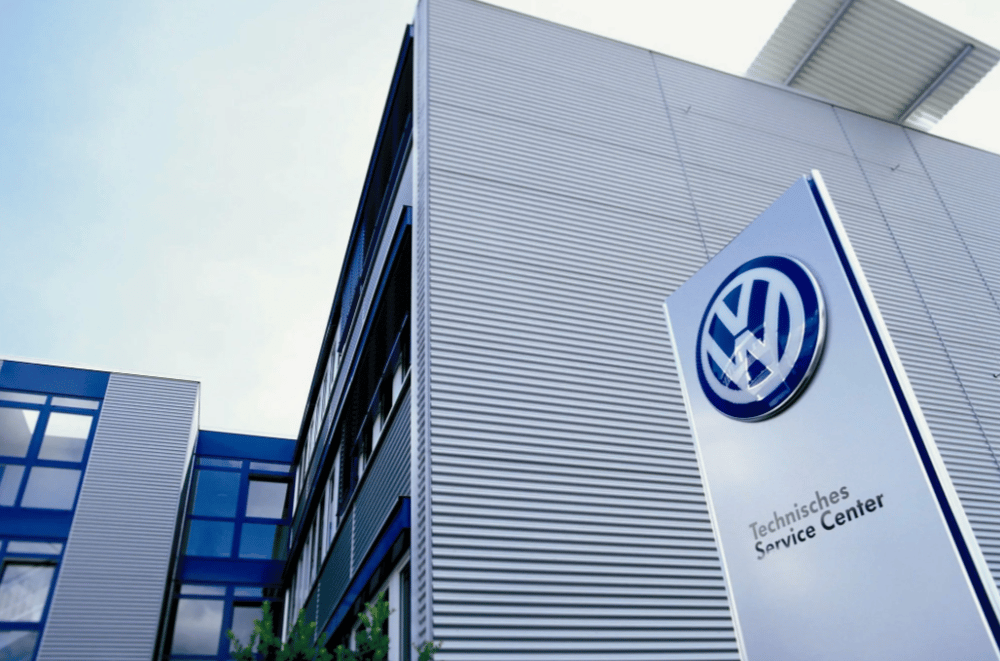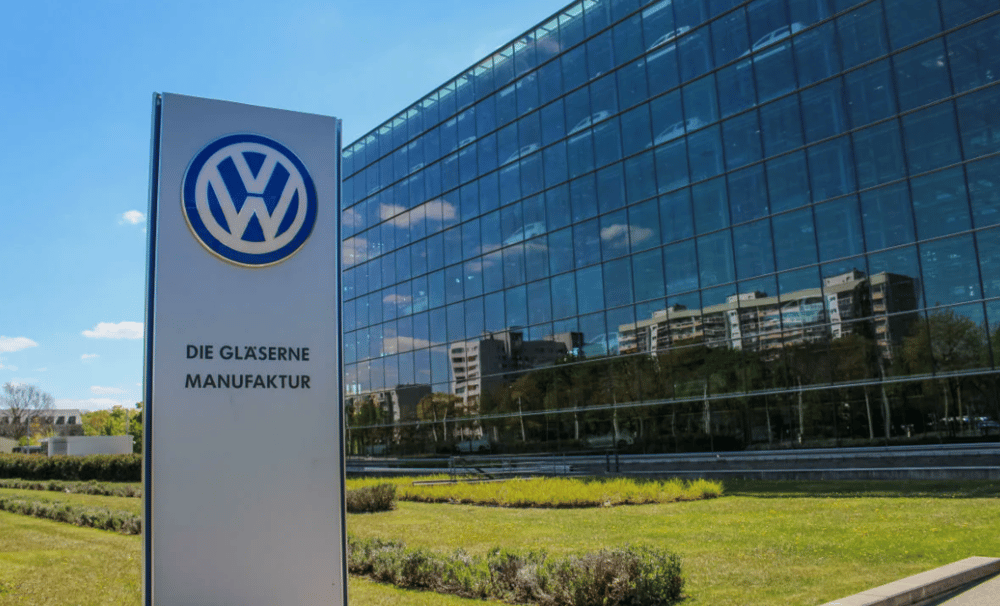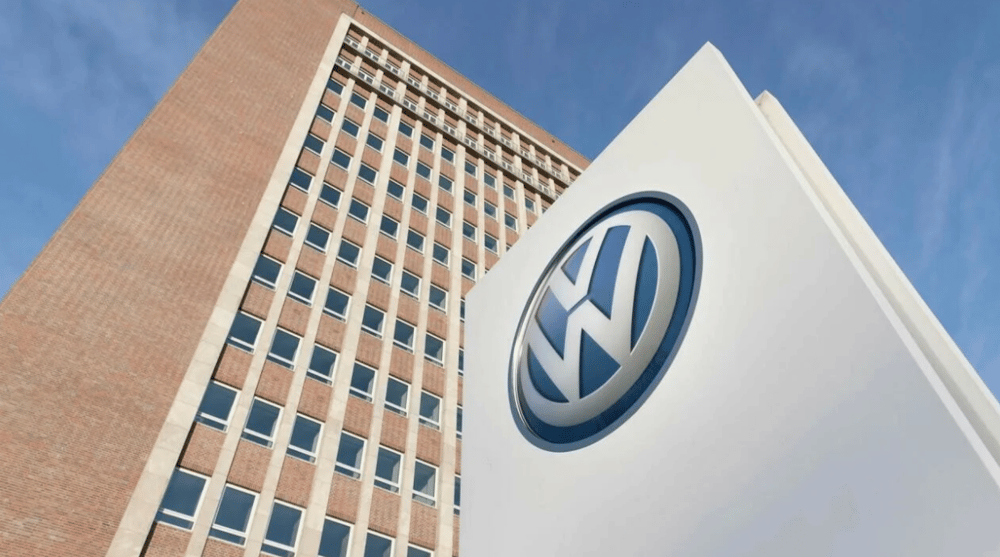Volkswagen Engages in Constructive US Tariff Negotiations, Plans Continued Investments Amid Trade Tensions
Volkswagen Group $VWAPY, a leading German automaker, is currently conducting “honest” and “constructive” negotiations with the US government regarding ongoing tariff issues, according to CEO Oliver Blume in an interview with Sueddeutsche Zeitung. These discussions occur against the backdrop of President Donald Trump’s administration imposing import duties aimed at protecting domestic industries. While several foreign companies have announced fresh investments in the US in response to these tariffs, German automakers including Volkswagen are exhibiting a more cautious approach to expanding investment in their largest export market.
Implications of US Tariff Talks on Volkswagen’s Investment Strategy
The US tariffs, particularly on automotive imports, have introduced complexity to the transatlantic trade relationship, impacting the strategic planning of global manufacturers. Volkswagen’s stance reflects an attempt to balance maintaining strong US market presence with managing cost pressures arising from increased import duties.
Oliver Blume emphasized that Volkswagen seeks “constructive dialogue” to address tariff challenges, underscoring the company’s preference for resolution through negotiation rather than confrontation. The cautious tone signals Volkswagen’s awareness of potential risks associated with escalating trade tensions and tariff hikes.
Notably, while other international corporations have publicly announced new investment commitments as a strategy to mitigate tariff impact—often by increasing local production—Volkswagen’s more reserved posture suggests a measured evaluation of US market conditions and long-term trade policy predictability. This may also indicate that VW is considering alternative strategies such as supply chain adjustments or product localization to sustain competitiveness.

Quick Facts:
Company: Volkswagen Group
Market: United States – largest export market for VW
Issue: US import tariffs on automotive products
CEO: Oliver Blume
Investment approach: Cautious, prioritizing constructive negotiations
Broader trend: Other foreign companies accelerating US investments
Source: Interview with Sueddeutsche Zeitung
Market and Industry Reactions to Tariff Negotiations
The automotive sector in the US has experienced uncertainty due to tariff policies, affecting both pricing and investment decisions. Analysts observe that Volkswagen’s diplomatic negotiation approach may serve to stabilize investor confidence and maintain production plans without immediate drastic changes.
Meanwhile, the US government’s willingness to engage in dialogue with major manufacturers signals an understanding of the industry's global interconnectedness. Market watchers note that while tariff-related investment announcements by other foreign automakers are a direct response to protect market share, Volkswagen’s strategy may hinge on maintaining flexibility amid an evolving trade landscape.

Key Points:
Volkswagen seeks constructive, transparent negotiations with the US government
Import tariffs remain a critical factor influencing US automotive investments
VW’s restrained investment signals cautious assessment of US trade policy risks
Other foreign companies opt for aggressive investment expansions in the US
Tariff dialogue reflects ongoing complexity in US-Germany trade relations
Volkswagen’s Measured Response to US Tariffs Reflects Strategic Trade-Offs
Volkswagen’s engagement in “honest” and “constructive” tariff negotiations with the US government highlights the company’s strategic priority to manage risk while sustaining its significant presence in the US market. The decision to approach the tariff challenge with negotiation, rather than immediate large-scale investment, underscores the complexities foreign automakers face amid fluctuating trade policies.
This approach will likely influence the broader dynamics of foreign direct investment in the US automotive sector and reflects the balancing act between protecting profitability and fostering long-term market access in a tariff-volatile environment.















Comments
This move highlights the importance of adapting to rapid changes in the technology ecosystem